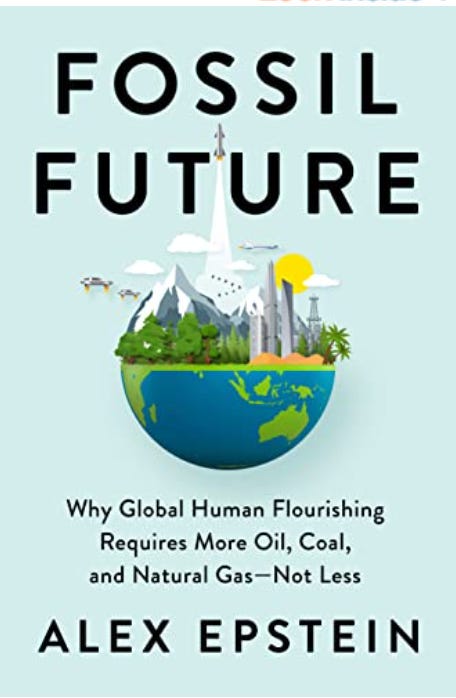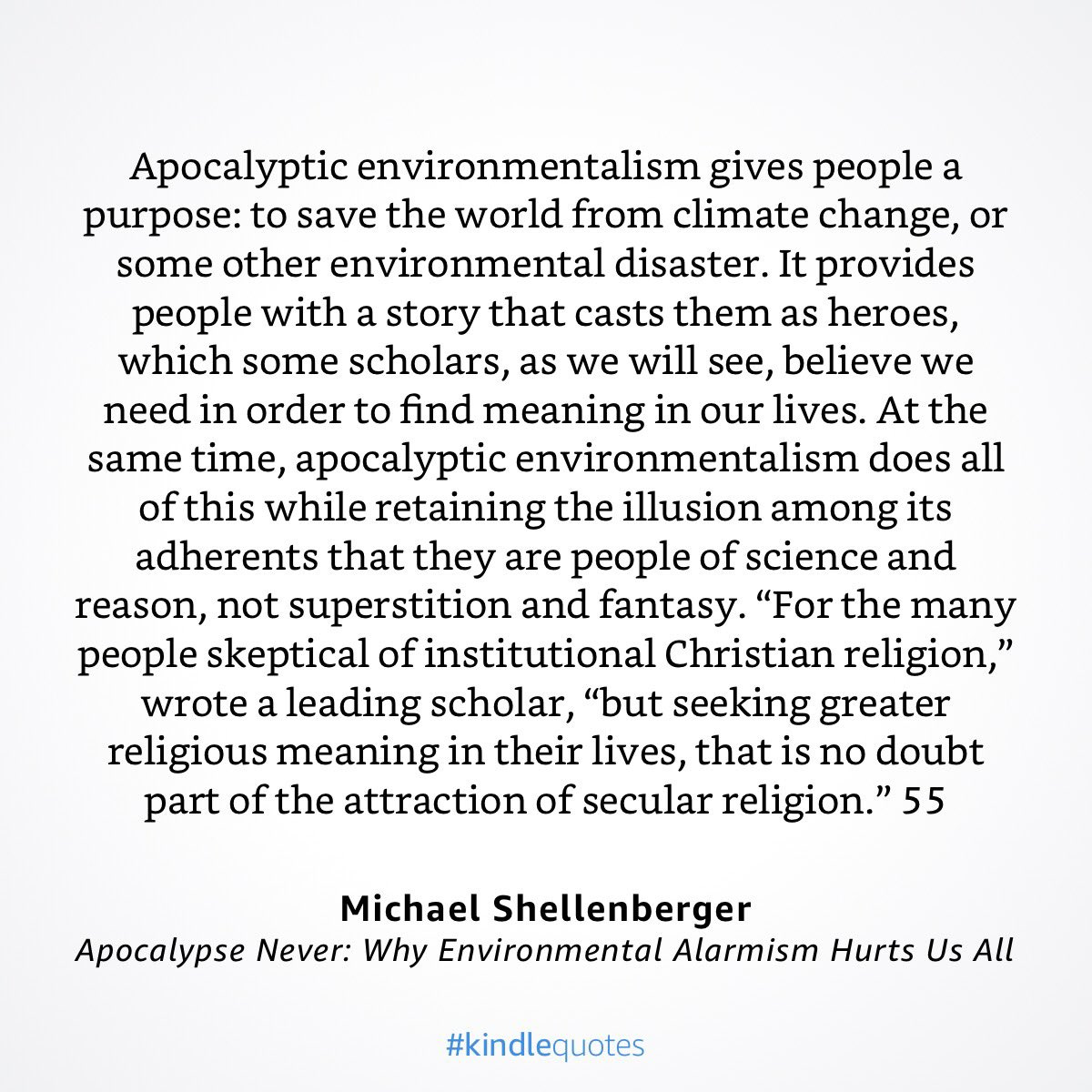The Knowledge System and its Discontents
“The science is clear, the severity understood at the highest levels everywhere, and serious debates about what to do are turning into action. The deniers have nothing to contribute to this.
However infuriating they are, arguing with them or debunking their theories is likely only to generate publicity or money for them. It also helps to generate a fake air of controversy over climate action that provides cover for the vested interests seeking to delay the end of the fossil fuel age.
But the deniers are not all the same. They tend to fit into one of four different categories: the shill, the grifter, the egomaniac and the ideological fool. “
-Excerpt from. “” by Damian Carrington. Published in The Guardian, 30-Jul-2020
From reading just these few paragraphs on their own, one might think the The Guardian’s Environment Reporter, Mr. Carrington is referring to an an actual person who may as well be one of the flat-earthers of our time: the infamous climate change denier.
But in the opening to the piece, the reader encounters what may as well be Carrington hyperventilating over the success of author, activist, pro-nuclear energy hero, and former CA gubernatorial candidate Michael Shellenberger’s book Apocalypse Never: Why Environmental Alarmism Hurts Us All and his 1700 word essay he wrote entitled On Behalf Of Environmentalists, I Apologize For The Climate Scare, both of which were released in the Summer of 2020.

To the chagrin of his critics, Apocalypse Never sold well, has been translated into many languages, and the article itself was apparently so controversial among the traditional Corporate Press outlets that his essay was pulled from Forbes, who claimed it violated their terms of service surrounding self-promotion. (Irony coming from a garbage pile of a website like Forbes.) The removal of his essay was, of course, subject to the Streisand Effect . To add to Shellenberger’s “controversy,” his most recent book provocatively titled, San Fransicko: Why Progressives Ruin Cities has equally been living rent-free in the minds of many, often many of some of the same people, especially in California.
Well, I hate to inform you, but Shellenberger is far from a “climate change denier.” He acknowledges the phenomenon is occurring but has a deeply nuanced viewpoint about it to say the least and argues there’s an unscientific religious ferver (he’s not the first) with much of the movement. His basic thesis is that climate change is happening, and it’s caused or exasperated by humans, but it’s not an existential threat and that some of the movement to slow or stop the phenomenon has more in common with a doomsday religion than a legitimately science-driven community. At the end of the day, he’s an apostate.
Carrington seems not have the time for such nuance and appears to be smearing Shellenberger as one of these climate change deniers though and is using him as an example for the thesis of his piece - which is to categorize climate change deniers into four types; The Schill, The Grifter1, The Egomaniacs, and the Ideological Fool. He then sort of undermines his own piece by essentially saying these categorizations don’t really matter because all the types should be systemically ignored.
But why do I say ignore them all? The climate crisis is urgent, and we need debate to drive action. However, vigorous debates over action are already taking place in good faith all over the world, from the tops of governments to the smallest local action groups.
Every nation in the world signed up to the 2015 Paris climate deal, pledging to keep global heating below 2C and ideally to 1.5C. The Intergovernmental Panel on Climate Change involves thousands of international scientists and is arguably the greatest scientific endeavor in history. It has spent three decades spelling out in painstaking detail how humanity is causing global heating, how catastrophic that threatens to be – and how drastic action is required to avert the worst.
The world of finance and business is catching up fast with the science, and almost all the technology needed already exists. In short, no sane or serious actor can countenance denial of climate danger. Bad-faith arguments motivated by greed, egomania or ideology have nothing to add.
To those living in caves or to our alien visitors from other planets, being called a “climate-change denier” is almost as bad as being called a “racist,” and evidence need not be provided. Such labels are akin to a modern Scarlett Letter and are often reputation destroying and career-ruining. Being called either typically locks the accused into a Kafka Trap too, a clever yet nasty rhetorical trap in which the accused further solidifies their guilt the more they deny it.
Carrington is quick to throw out shots towards his apparent foes but offers no rebuttals to any of the arguments Shellenberger made. Instead he defers to The Experts™ whose authority to whom we must appeal.

Sen. Boxer: Mr. Epstein, are you a scientist?
Alex Epstein: No, philosopher.
Sen. Boxer: You’re a philosopher?
Alex Epstein: Yes.
Sen. Boxer: Okay. Well, this is the Senate Environment and Public Works Committee. I think it’s interesting we have a philosopher here talking about an issue . . .
Alex Epstein: It’s to teach you how to think more clearly.
Sen. Boxer: Well you don’t have to teach me how to think more clearly. Try running for the Senate on your platform.
If Michael Shellenberger caused this much anxiety for Mr. Carrington, then he would easily have a heart attack over Alex Epstein .

Epstein is the President of The Center for Industrial Progress, and author of two books, The Moral Case for Fossil Fuels and the recently released Fossil Future: Why Global Human Flourishing Requires More Oil, Coal, and Natural Gas - Not Less. Epstein also survived an attempted smear/hit piece from the Washington Post prior to the release of Fossil Future.
To add insult to injury to the egos over at The Guardian, that image (above) shows Billionaire Peter Theil (left) conversing with Epstein (right). Oh the horror!
If it’s not obvious from the titles of both of his books, it’s clear that Epstein is a proponent for the use of fossil fuels. And since he advocates for their use and argues they are actually required for the flourishing of humans. He also argues, in a very Green Leap Forward fashion, that the rapid elimination of fossil fuels as proposed by governments around the world could spell doom and catastrophe for much of the world’s population. (Spoiler alert: he’s correct)
Someone like Epstein would most likely walk into and be caught in Mr. Carrington’s climate change denier ideological tripwires even though he, like Shellenberger, acknowledges climate change.
I am not going to make the case for more fossil fuel use by making some “climate change denier” argument that fossil fuels’ CO2 emissions aren’t impacting climate; I totally acknowledge that they have contributed to the 1 ° C warming we’ve experienced over the last one-hundred-plus years, and they will contribute to further warming going forward. But I will argue that the negative climate impacts of fossil fuels will be far, far outweighed by the unique benefits of fossil fuels.
Indeed it’s almost certain Mr. Carrington would just as easily dismiss Epstein as a “climate change denier” not worth debating just as he dismissed Shellenberger.
Epstein essentially thinks the central claims of many of the designated climate change experts are flawed and the desire to rapidly transition away from fossil fuels to slow or reverse the effects of climate change would cause great harm to humanity and the natural environment. They, he says, ignore or downplay the benefits of fossil fuels - specifically their uniquely low cost, ability to easily store and transport, and high energy density characteristics. Instead they, he argues, exaggerate fossil fuels’ negative side-effects. In a society such as the Western and developed world where most have been repeatedly told that fossil fuels are uniquely bad such claims may sound preposterous. Epstein argues from what he calls a “pro-human flourishing” perspective which requires energy from resources with such characteristics while stating that many in the climate change crowd do not argue from a “pro human flourishing” perspective and instead believe human impact, by definition, is bad for the planet.
He does acknowledge the need for experts and their work in the climate change space yet also offers a cautionary tale of what’s happened in the past when experts went astray, emphasis mine.
As a philosopher who has studied the history of ideas extensively, I have long been haunted by the fact that some of the worst ideas in history (such as slavery, racism, and eugenics) were successfully spread as the consensus of “the experts.” This fact has motivated me to think extensively about the questions: How do I rely on experts responsibly? How do I gain the crucial benefit of acting on expert knowledge while avoiding becoming one of the many people throughout history who supports something very wrong because they were told the “experts” endorsed it?
You might think that answering these questions is impossible because we would need to know, as outsiders to fields such as nutrition, virology, climate science, and energy, when experts who have been researching those fields for decades are making mistakes in their research.
Happily, this turns out not to be the case, because most of the time when what we’re told the “experts” think turns out to be very wrong, it is not because most of the actual expert researchers in a field are very wrong about their field. It is because the system we rely on to tell us what experts think is significantly distorting what actual experts think. And if we know how this distortion works, we can often spot it at work and protect ourselves against it.
This “system we rely on to tell us what experts think is significantly distorting what actual experts think,” he is referring to is what he calls the Knowledge System. We seldom have direct access to an individual expert and each one is often so specialized that they also do not often understand other fields or have access to each other. The information they have to convey is not necessarily setup to be, uh, consumable to the layperson either.
The intent of the Knowledge System, which is explained in the first chapter of Fossil Future, is to address these issues but it’s also subject to errors, mistakes, and other issues including ideological or political capture which can all contribute to distortions. The Knowledge System is comprised of research(ers), synthesizers (of the research), disseminators and, evaluators.
Researchers engage in highly specialized fields- for example, energy researchers, climate researchers, and environmental quality researchers. These individuals usually belong to institutions such as colleges and universities or government research institutions like NOAA or NASA and publish their works in academic journals. Researchers are humans and subject to various incentives including perverse ones (grant chasing in academia, “publish or perish”, political shenanigans in government, etc… He notes predictions are messy and cautions believing extremely precise ones such as the claim that a 2 degree increase in average global temperature would cause a catastrophe and that such claims are not actually agreed to by all researchers. Such a thing he argues is an example of part of the Knowledge System failing to do what it’s intended to do.
Synthesizers are groups or organizations who take the research and organize, refine, and condense it. The UN IPCC is the most notable synthesizer for climate change and have what they refer to as Working Groups but there are others such as the US National Climate Assessment and the American Meteorological Society. Energy-related synthesizers are the International Energy Agency, the US Energy Information Administration (EIA), and even BP. Synthesizers are easy targets for corporations, activists, politicians or other parties seeking power or influence. Examples include tobacco and nutrition lobbyists. Epstein asks readers to be on high alert whenever a synthesizer omits crucial variables or facts and gives the example of those endorsing the ketogenic and vegan diets as they ignore the existence of healthy populations of people who don’t follow those diets. An example he gives of this in the climate change world is the omission of the fact that deaths from climate-related disasters have decreased by 98% while CO2 levels have gone from 280 ppm to 420ppm and global average temperatures have increased 1 deg. C.
Disseminators are those who take the information compiled by the synthesizers and make them available for consumption by laypersons such as policymakers (such as Sen Boxer). Disseminators include the Corporate Press (NYTimes, WaPo, BBC, DW) , the teaching component of the educational system (K12, Academia), and spokespeople or public relations arms of the Synthesizers such as the IPCC. Epstein believes there is frequent distortion of climate change information at this stage and states the IPCC’s own disseminators (who create the 3000+ page “Full Report”) even distort the IPCC’s own synthesis reports when creating their disseminator reports also known as the Summary for Policymakers. (Again for a further discussion of the IPCC’s various reports, see my piece, “Can we all please get on the same page regarding "IPCC Reports?"
Evaluators are those people and institutions who are supposed to tell us what to do with and about what the disseminators told us. Examples are the authors of Corporate Press editorials, local policymakers, activists, and other commentators. Epstein states it’s these people who proclaim statements such as “listen to the scientists,” “Follow the science” and other quasi-religious, frankly UN-SCIENTIFIC statements. Epstein also says these folks often use “anti-human standard of evaluation” and don’t consider the full context of fossil fuels.
I think of the Knowledge System as a giant game of “telephone” and at each step, a certain piece of information has the opportunity to be distorted either accidentally or intentionally. In just reading the first few chapters alone of Fossil Future it is evident that Epstein is trying to train his readers to think more clearly by trying to evaluate when, where, and potentially why this system can go astray. Epstein’s Knowledge System conception does a pretty good job too, in my view, of standing on its own and can be applied to nearly any other field from bicycling advocacy, economics, psychology, to name a few, etc.
If it turns out that Epstein is even partially right, and case made in Fossil Future is pretty damned convincing so far, there should be plenty of crow to eventually be eaten by many of these “experts”, and the others along the pipeline of the Knowledge System including Mr. Carrington. Shellenberger too, who approaches the climate change “debate” from a slightly different angle, also teaches his readers how to think and make sense of it all which applies well to SanFransicko too. With either person, it seems increasingly more preposterous to write them (well, really, their arguments) off in the way Carrington and other so-called “designated experts” (Epstein’s term) demand we all do.
The messengers of the climate crisis Knowledge System should perhaps exercise a bit more humility.









